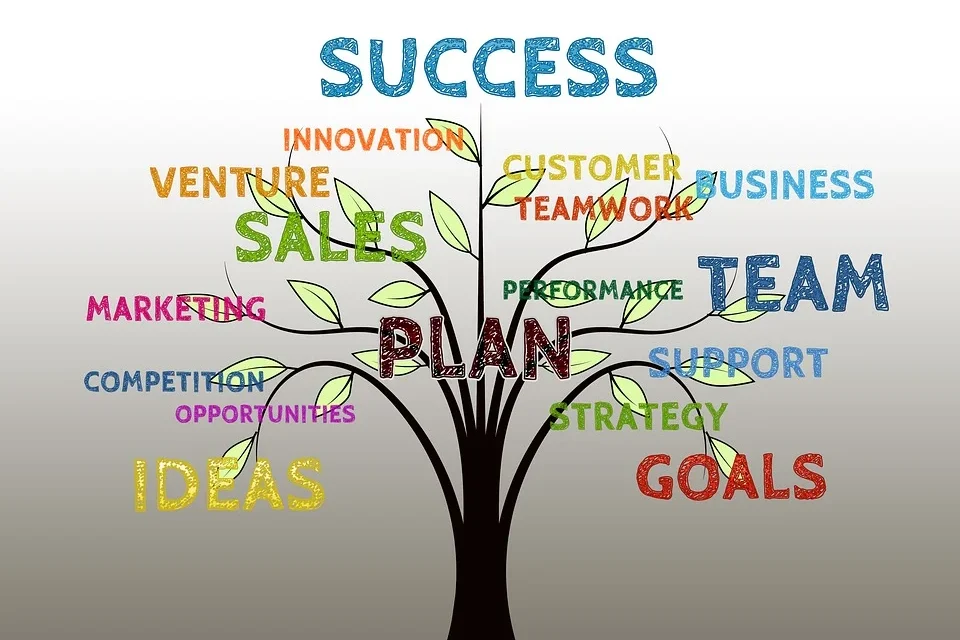
The Shift to Smarter Business Practices

In the modern business world, staying competitive requires constant innovation. Traditional business models, while foundational, can no longer keep up with the rapid pace of technological advances, evolving customer needs, and the growing focus on sustainability. The successful businesses of today are embracing smarter practices—those that are efficient, customer-focused, and adaptable to change. These approaches incorporate modern tools like automation, data analysis, and cloud technology, which help companies streamline operations, make informed decisions, and remain relevant in an increasingly competitive landscape.
Defining Smarter Business Practices
Smarter business practices involve adopting modern strategies that prioritize efficiency, customer satisfaction, and sustainability. These practices are deeply integrated with technological solutions, including artificial intelligence (AI), machine learning, and advanced data analytics. Unlike traditional approaches that may focus on linear processes, smarter practices adapt to new information and trends in real-time, enabling businesses to optimize their operations continuously.
A key component of smarter business practices is making decisions based on data rather than intuition. In addition, these practices are designed to be flexible, ensuring companies can quickly adapt to shifts in consumer behavior or market trends. Your City Office, for example, is embracing smarter practices by offering virtual office solutions that streamline operations, reduce overhead costs, and enhance flexibility, allowing companies to focus on more strategic tasks while still maintaining a professional presence.
How Technology is Reshaping Business
Efficiency Through Automation
Automation plays a crucial role in driving smarter business practices. By automating routine tasks like handling customer service inquiries, managing inventory, or streamlining manufacturing processes, businesses can minimize human error and enhance operational efficiency. This shift enables employees to dedicate more time to higher-level activities, such as strategic decision-making and creative problem-solving, ultimately fostering innovation and growth within the organization.
For example, AI-powered chatbots are now a standard feature in customer service departments, providing 24/7 support to customers and freeing up human agents to tackle more complex issues. In manufacturing, robots are used to assemble products with precision and speed, enhancing productivity while cutting down on labor costs.
Data Analytics and Decision-Making
The availability of large amounts of data is another significant factor driving smarter business practices. With the help of analytics tools, businesses can extract valuable insights about customer preferences, operational inefficiencies, and market trends. This data empowers leaders to make decisions that are backed by evidence, reducing risk and increasing the likelihood of success.
Predictive analytics, for instance, can forecast customer behavior and market shifts, allowing businesses to anticipate future trends and make proactive decisions. Whether it’s launching a new product or adjusting pricing strategies, data-driven decisions enable businesses to stay ahead of the competition.
Cloud Technology for Flexibility and Collaboration
Cloud computing has transformed how businesses operate, enabling them to store data securely, collaborate remotely, and access software applications from anywhere. This flexibility is essential for companies that need to quickly respond to changing conditions, such as a shift to remote work or a sudden need to scale operations.
Cloud platforms also allow businesses to integrate different tools and systems seamlessly, streamlining communication across departments and improving overall workflow. This enhanced collaboration helps ensure that teams remain agile, making it easier to adapt to new challenges.
Sustainability as a Business Imperative
A key component of modern business practices is a focus on sustainability. Consumers and investors alike are increasingly drawn to businesses that demonstrate environmental responsibility and contribute to social good. Smarter businesses are taking steps to reduce their carbon footprint, minimize waste, and embrace sustainable sourcing and production methods.
Sustainability not only helps protect the planet but also improves a company’s brand image, attracting eco-conscious customers. For example, companies in various industries, from fashion to technology, are adopting eco-friendly practices such as using renewable energy sources, reducing plastic waste, and investing in green technology.
Agility and Adaptability in a Fast-Changing Market
One of the hallmarks of smarter business practices is adaptability. In a constantly evolving market, businesses must be able to pivot quickly in response to unexpected changes. The COVID-19 pandemic highlighted the importance of agility as companies swiftly adopted remote work practices, restructured their supply chains, and turned to digital channels for customer engagement.
To stay competitive, businesses must continuously assess and adjust their operations. This could mean adopting new technologies, adjusting marketing strategies, or finding new ways to deliver products and services. Companies that remain flexible and responsive to change are better positioned to thrive in a constantly shifting landscape.
Enhancing the Customer Experience
At the heart of smarter business practices is a focus on the customer. Today’s businesses use technology to create more personalized and seamless customer experiences. From AI-driven product recommendations to personalized marketing campaigns, businesses are finding innovative ways to meet customer expectations.
A personalized approach builds customer loyalty, as consumers feel valued and understood. For example, e-commerce platforms that use customer data to offer tailored recommendations can improve conversion rates and increase customer satisfaction. By anticipating customer needs and providing relevant solutions, businesses can foster long-term relationships.
Looking Toward the Future
The shift to smarter business practices is not just a trend—it’s a necessary evolution in how businesses operate. By embracing technology, sustainability, and customer-focused strategies, companies can ensure their long-term success. The future of business lies in those who are able to adapt quickly, innovate constantly, and remain attuned to the needs of their customers.
























